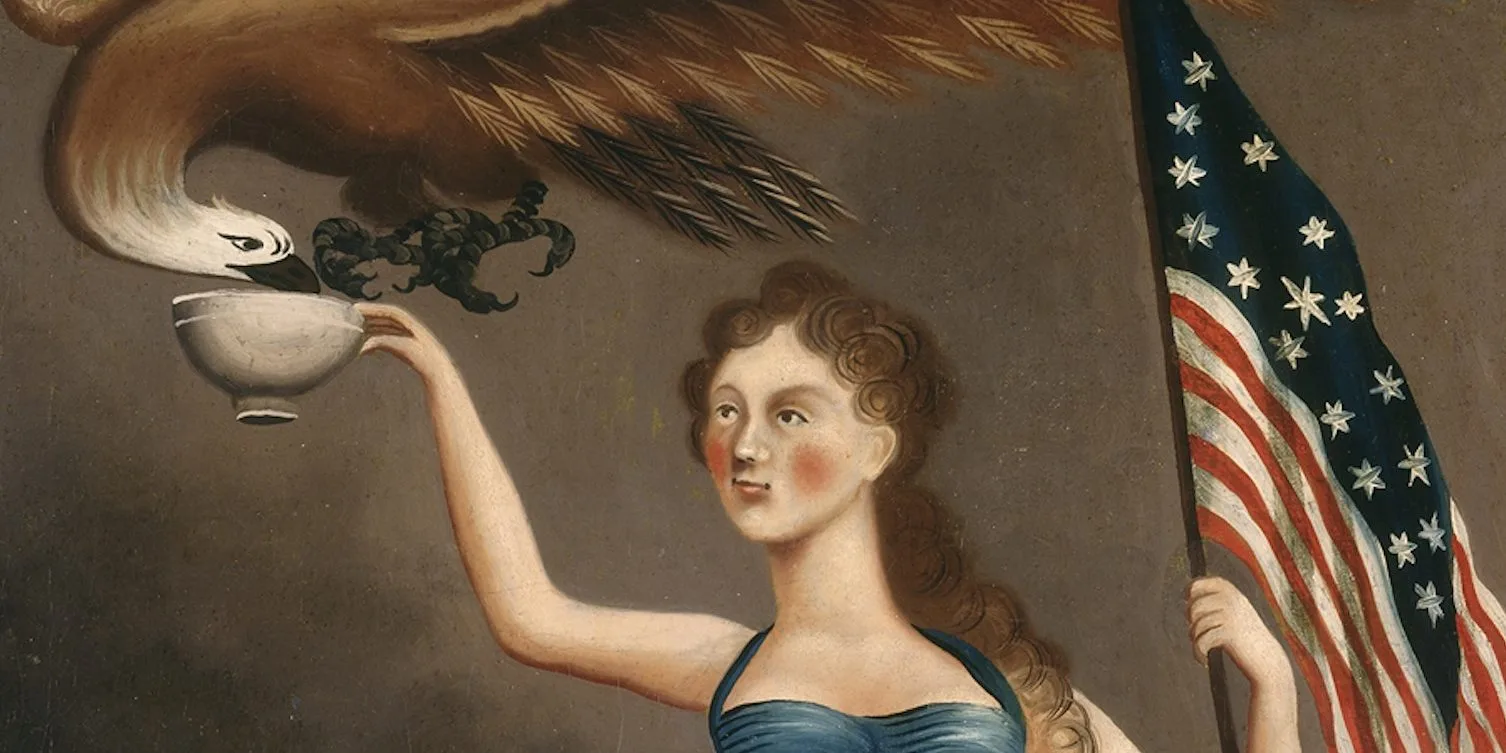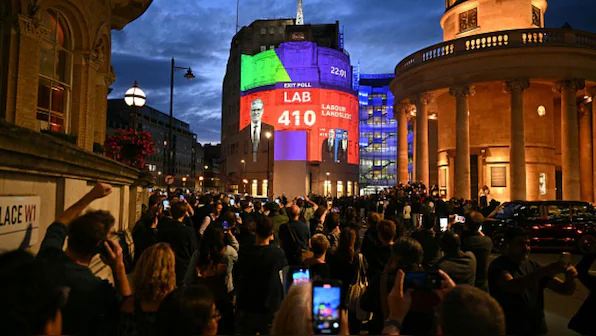Introduction
The importance of American history is more pronounced now than ever before. Amidst the current societal, political, and cultural upheavals, understanding the roots and trajectories of these changes is crucial. Delving into American history provides context, clarity, and a foundation for navigating today’s challenges and shaping a better future.
Key Points
- Contextualizing Contemporary Issues: American history offers insights into current societal challenges and conflicts.
- Learning from Past Mistakes: Understanding historical errors can prevent their repetition.
- Fostering Civic Awareness: Knowledge of history enhances civic responsibility and engagement.
- Preserving Cultural Heritage: History maintains the cultural identity and collective memory of a nation.
- Inspiring Future Generations: Historical narratives can motivate and guide the youth in their endeavors.
Insights
The significance of American history lies in its ability to illuminate the complexities of contemporary society. It serves as a guide, warning of past pitfalls while highlighting the milestones that have shaped the nation. As we face a tumultuous present, the lessons of the past become invaluable tools for creating a just and equitable future.
Content Details
Contextualizing Contemporary Issues
The importance of American history is evident in its ability to contextualize today’s societal challenges. Issues such as racial inequality, political polarization, and economic disparity have deep historical roots. By examining events like the Civil Rights Movement, the Great Depression, and various political upheavals, we gain a deeper understanding of current dynamics and the factors driving them.
For instance, the Black Lives Matter movement can be better understood through the lens of the Civil Rights Movement of the 1960s, offering perspectives on the ongoing struggle for racial justice. Similarly, the economic challenges posed by the COVID-19 pandemic resonate with the hardships experienced during the Great Depression, providing historical strategies for recovery and resilience.
Learning from Past Mistakes
History is replete with lessons on what not to do. The importance of American history is underscored by its role in highlighting past mistakes, such as the internment of Japanese Americans during World War II or the disastrous consequences of the Vietnam War. These historical errors serve as cautionary tales, reminding us of the consequences of prejudice, hasty decisions, and unchecked power.
Fostering Civic Awareness
A well-rounded understanding of American history fosters civic awareness and responsibility. Knowing the struggles and achievements of previous generations inspires a sense of duty and engagement in the democratic process. It encourages citizens to vote, participate in community activities, and advocate for positive change.
The importance of American history in education cannot be overstated. Programs that emphasize historical literacy empower students to critically analyze current events and understand their rights and responsibilities as citizens. This, in turn, strengthens the fabric of democracy.
Preserving Cultural Heritage
American history is a tapestry of diverse cultures, traditions, and experiences. Preserving this cultural heritage is essential for maintaining the nation’s identity. Historical landmarks, literature, music, and art all contribute to a collective memory that defines who we are as a people.
Understanding the contributions of various groups, from Native Americans to immigrants, enriches our appreciation of the nation’s diversity. The importance of American history is evident in efforts to preserve historical sites, celebrate cultural festivals, and educate future generations about their heritage.
Inspiring Future Generations
Historical narratives are powerful tools for inspiration. The importance of American history lies in its ability to motivate future generations by showcasing the resilience, ingenuity, and courage of those who came before us. Figures like Martin Luther King Jr., Susan B. Anthony, and Frederick Douglass serve as role models, demonstrating that individuals can make a significant impact.
Educational programs that highlight these historical figures and events encourage young people to aspire to greatness, contribute to society, and uphold the values of justice, equality, and freedom.
Analysts’ Perspectives
Historians and educators emphasize the critical role of history in shaping an informed and engaged citizenry. They argue that the importance of American history extends beyond academic study; it is a vital tool for understanding and addressing the complexities of contemporary society.
- Dr. Henry Louis Gates Jr. highlights the role of history in fostering racial understanding and reconciliation.
- Dr. Jill Lepore emphasizes that historical knowledge is essential for protecting democracy.
- Howard Zinn advocates for a people’s history that includes diverse perspectives and voices.
Future Outlook
The future of American history education faces challenges, including political polarization and debates over curriculum content. However, the importance of American history remains steadfast. Efforts to diversify historical narratives and incorporate multiple perspectives will enrich our understanding and appreciation of the past.
Conclusion
Amidst the turmoil of contemporary society, the importance of American history cannot be overstated. It provides the context, lessons, and inspiration needed to navigate current challenges and build a better future. By understanding and valuing our past, we equip ourselves to create a more just, informed, and cohesive society.
FAQs
Q: Why is it important to study American history?
A: Studying American history is crucial for understanding contemporary issues, learning from past mistakes, fostering civic awareness, preserving cultural heritage, and inspiring future generations.
Q: How can history help in addressing current societal challenges?
A: History provides context and insights into the roots of current challenges, helping us to develop informed strategies and solutions.
Q: What role does history play in fostering civic engagement?
A: History educates citizens about their rights and responsibilities, inspiring them to participate in the democratic process and advocate for positive change.
Q: How does history preserve cultural heritage?
A: History maintains the collective memory and identity of a nation, celebrating diverse cultures and traditions through education, preservation efforts, and cultural events.
Q: Why is it important to include diverse perspectives in the study of history?
A: Including diverse perspectives enriches our understanding of history, ensuring that all voices and experiences are recognized and valued.



